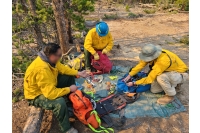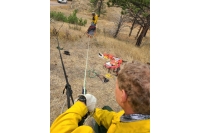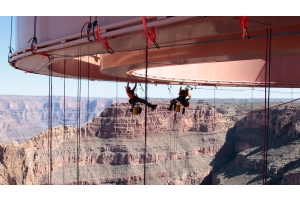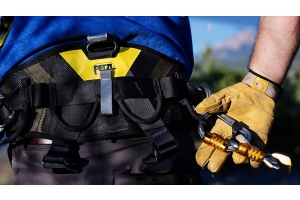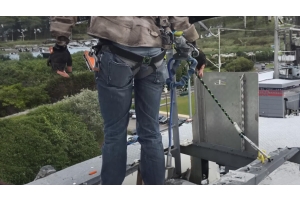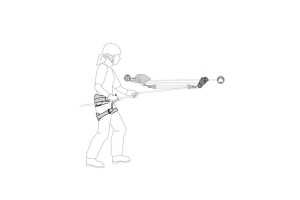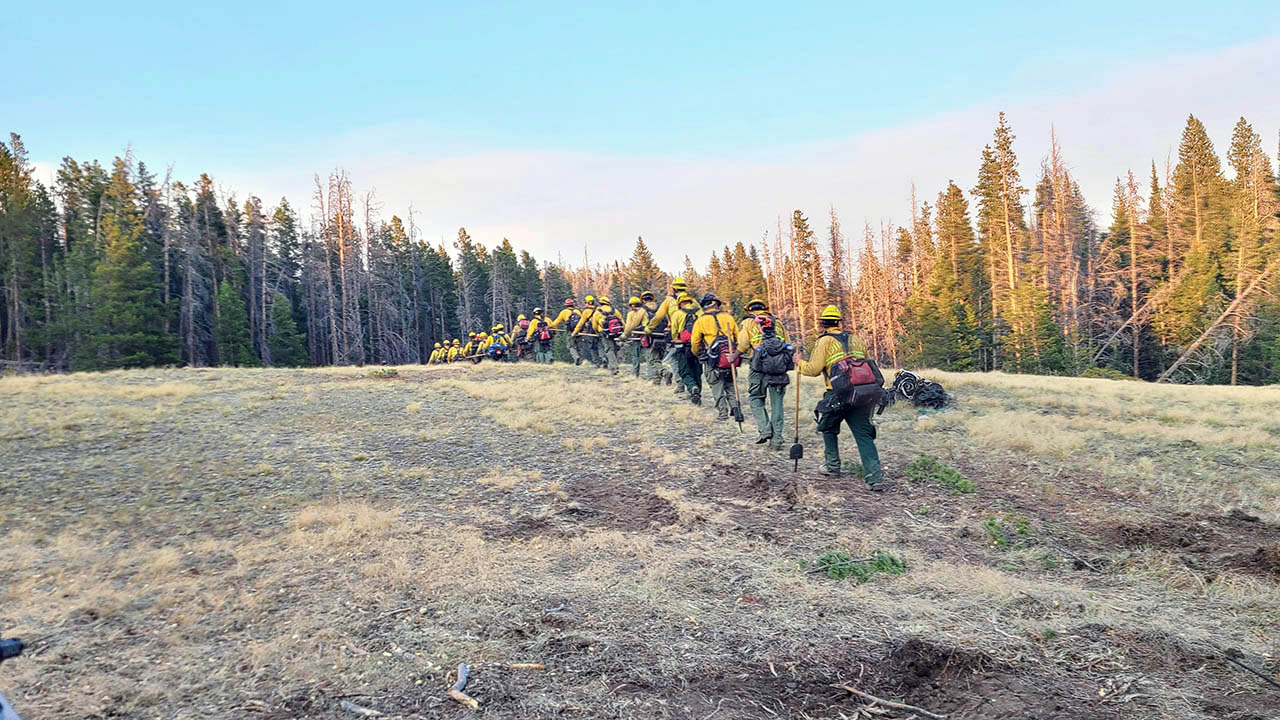
In our final part of our three-part blog, we will focus on the self-evaluation of team members and organizations that deploy incompetent personnel into life-saving environments.
Wilderness Search and Rescue (WSAR) operations are inherently complex and full of challenges. During these difficult missions, the competency of WSAR technicians stands as the linchpin to success and safety. However, some organizations are falling short in two critical areas: personnel competency for "operations" level technicians and knowledge of the requirements outlined in NFPA 1006 and NFPA 2500 standards. In this article, we'll address these shortcomings and stress the urgency of correcting them to ensure the safety of both rescuers and those in need of rescue.
Lack of Competency for "Operations" Level Technicians
The first concern that demands immediate attention is the lack of competency among "operations" level technicians. In WSAR, these individuals are the backbone of field operations, responsible for executing rope rescue disciplines and ensuring the safety of everyone involved (NFPA 1006, Chapter 1, Para. 1.2.7). When these operational level technicians are not adequately trained or prepared, the repercussions can be catastrophic.
Incompetence puts lives at risk: It is essential to understand that the wilderness is an unforgiving environment, gravity is an absolute law that is nondiscriminatory. This places victims and fellow rescuers in harm's way when the techs are still having trouble tying knots.
Efficiency is a matter of life and death: Every second counts in a WSAR mission. Incompetence slows down the entire operation, causing unnecessary delays. Without well-trained "operations" level technicians, valuable time is wasted, potentially costing additional injury or death to all lives on scene.
Lack of Knowledge of NFPA 1006 and NFPA 2500 Requirements
The second pressing issue organizations’ lack of knowledge and compliance with NFPA 1006 and NFPA 2500 standards, which lay out the qualifications and training requirements for WSAR technicians. Standards are the backbone of safe and effective operations.
NFPA 1006: A Roadmap to Competency: NFPA 1006 is a roadmap to building competent WSAR teams. Organizations must understand that this standard defines the skills, knowledge, and abilities that every WSAR technician should possess. Ignoring these requirements is like setting off on a wilderness expedition without a map or plan for success.
NFPA 2500: A Lifeline for WSAR Safety: NFPA 2500 further refines the competencies needed by WSAR technicians, as well as provided needed requirements of life safety equipment. As mentioned in Part II of this series, the "NFPA 2500 Handbook" underscores the importance of consistent training and evaluation to meet these requirements.
⇒ Did you know there are job performance requirements for Operations Level WSAR personnel in both Rope Rescue and WSAR chapters of NFPA 2500 (1670)? REF: NFPA 2500 (1670), Chapter 10, Para. 10.3.
The Urgency of Correcting Deficiencies
It is not an exaggeration to say that the lives of rescuers and the rescued hang in the balance. Correcting the deficiencies in personnel competency for "operations" level technicians and knowing the NFPA 1006 and NFPA 2500 requirements are not just a matter of bureaucratic compliance. It's a matter of life and death.
Without competent technicians, WSAR operations are a ticking time bomb of errors and inefficiency. Ignoring NFPA standards is a reckless gamble with the safety of your team and those you aim to rescue. By addressing these issues, organizations can ensure that their WSAR teams are prepared to meet the challenges of the wilderness and provide a lifeline of safety for all involved. Ensure annual training per NFPA 2500 (1670), Chapter 4, Para. 4.2.11.3 is performed on the entire organization to ensure top to bottom compliance.
The choice is clear: Competence saves lives, and it begins with rigorous training and a firm understanding of the NFPA standards. It's time for organizations to take this call to action seriously, for the wilderness doesn't tolerate half-measures, and neither should we.
For more information on training, equipment or questions on any of the topics covered, feel free to contact AHS Rescue.
Links above not work? Get your free access to NFPA standards here.

